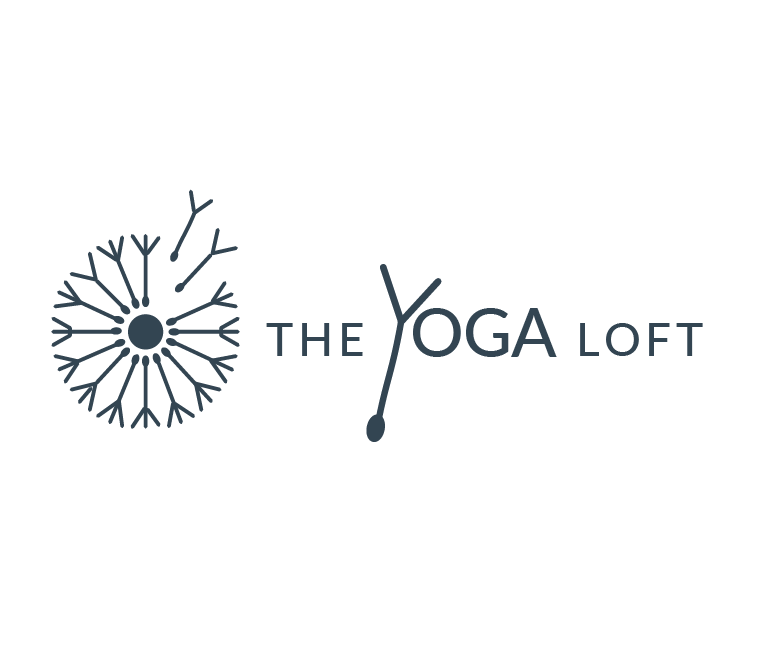Integrating Yoga Benefits into Holistic Wellness: A Beginner's Guide
Understanding the benefits of yoga
Yoga offers numerous benefits for both your body and mind. Some of the advantages of practicing yoga include improving flexibility, strength, and posture. Additionally, yoga can help reduce stress, increase mindfulness, and promote relaxation. Regular yoga practice has been shown to boost overall well-being and enhance mental clarity.
How yoga contributes to overall wellness
Yoga can enhance your overall well-being by reducing stress, improving flexibility, and promoting relaxation. It also helps in strengthening muscles, improving posture, and increasing mindfulness. Practicing yoga regularly can lead to better mental clarity and emotional balance.
Physical benefits of yoga practice
Yoga can improve your flexibility, strength, and posture. It helps in toning muscles and increasing body awareness. Regular practice can also enhance your balance and stamina.
Mental health advantages of yoga
Yoga has been found to have numerous mental health benefits, making it a valuable tool for holistic wellness. Here are some of the mental health advantages of practicing yoga:
Reduces stress and anxiety
Improves mood and promotes relaxation
Increases mindfulness and inner peace
Boosts self-esteem and feelings of well-being
Enhances focus and concentration
Incorporating yoga into your routine can help improve your mental well-being and overall quality of life. So, if you're looking to support your mental health, consider giving yoga a try!
Emotional well-being through yoga
Yoga is known for improving emotional well-being by reducing stress and anxiety. It helps in enhancing self-awareness and promoting a positive mindset. Through the practice of yoga, individuals can learn to better manage their emotions and connect with their inner selves. The breathing techniques used in yoga can also help in calming the mind and promoting feelings of peace and relaxation.
Spiritual growth and inner peace with yoga
Yoga can help in developing a sense of spiritual connection and inner calm. It promotes self-reflection and mindfulness, fostering a deeper understanding of oneself. Through regular practice, individuals often experience a greater sense of inner peace and emotional balance. Incorporating yoga into your routine can aid in spiritual growth by encouraging self-awareness and tranquility.
Getting started with yoga practice
If you're new to yoga and want to start practicing, it's important to begin slowly and find a style that suits you. Here are some tips to help you get started with your yoga journey:
Start by researching different types of yoga to find one that aligns with your fitness level and goals.
Invest in a quality yoga mat to provide comfort and support during your practice.
Consider taking beginner classes at a local studio or following online tutorials to learn proper technique and alignment.
Focus on your breath and listen to your body's limits to prevent injury and promote relaxation.
Remember that yoga is a personal journey, so don't compare yourself to others in the class. Just focus on your own progress and enjoy the mental and physical benefits that yoga offers.
Incorporating yoga into your daily routine
Incorporating yoga into your routine can have numerous benefits beyond physical fitness. Yoga not only strengthens your body but also helps in reducing stress and improving mental clarity. Here’s how you can start integrating yoga into your daily routine:
Start with short sessions: Begin with brief yoga sessions, even just 10-15 minutes a day, to ease into the practice.
Choose a convenient time: Select a time that works best for you, whether it's in the morning to start your day with a peaceful mindset or in the evening to unwind.
Find a suitable space: Create a quiet and comfortable area in your home where you can practice yoga without distractions.
Use online resources: There are many online platforms offering beginner-friendly yoga classes that you can follow at your own pace.
Listen to your body: Pay attention to how your body feels during the practice and adjust poses as needed to prevent strain or injury.
Make it a habit: Consistency is key, so aim to incorporate yoga into your routine regularly to experience its full benefits.
Choosing the right yoga style for your needs
When selecting a yoga style, consider your individual needs and goals. Some styles focus on relaxation and stress relief, while others emphasize strength and flexibility. If you're a beginner, Hatha yoga is a great starting point as it offers a gentle introduction to basic poses and breathing techniques. For those seeking a more dynamic practice, Vinyasa or Power yoga could be a better fit. Restorative yoga is ideal for individuals looking to unwind and rejuvenate, whereas Bikram or Hot yoga is practiced in a heated room for detoxification and increased flexibility. Yin yoga targets deep connective tissues for enhanced flexibility and relaxation. Prioritize your preferences and objectives when selecting a style that aligns with your holistic wellness journey.
Embracing a holistic approach with yoga
Yoga is more than just physical exercise; it's about harmonizing your mind, body, and spirit. By integrating yoga into your wellness routine, you can experience various benefits, such as reduced stress and anxiety, improved flexibility, and increased mindfulness. Yoga encourages self-care and self-awareness, promoting overall well-being. Start embracing a holistic approach by incorporating yoga practices into your daily life and nurturing a deeper connection with yourself.

